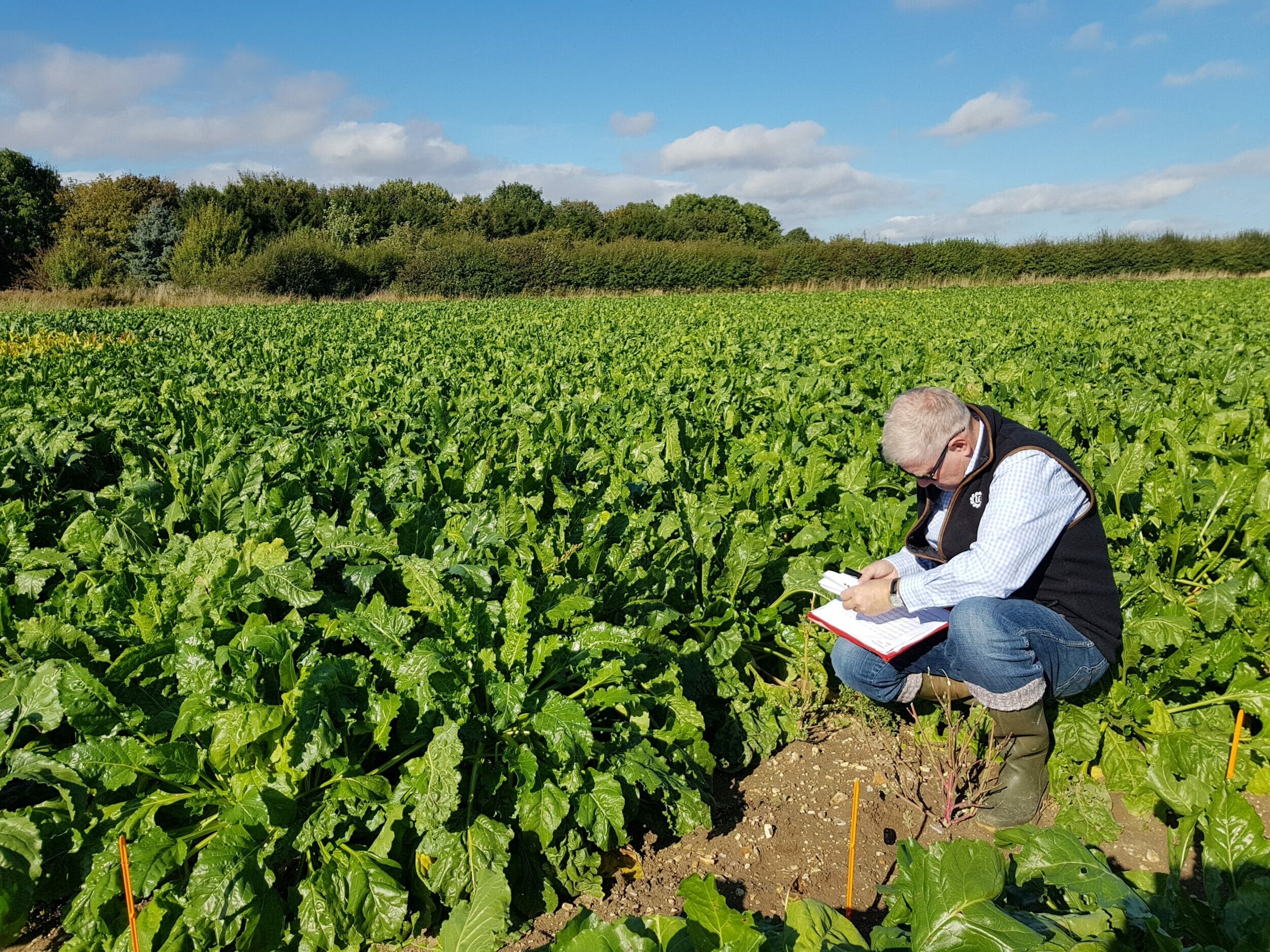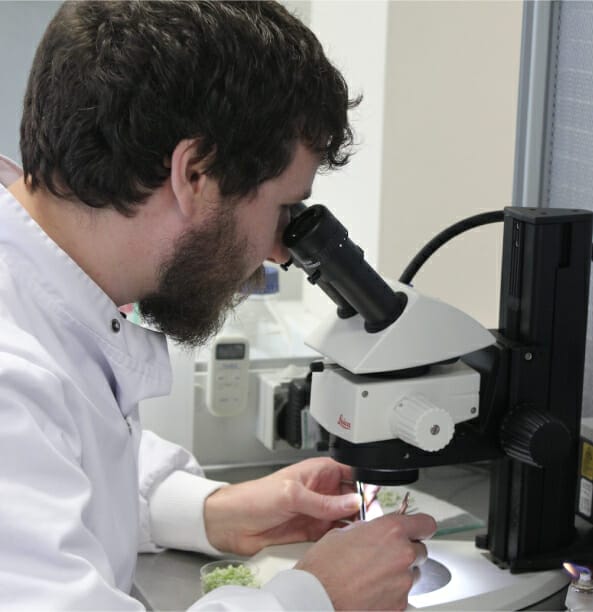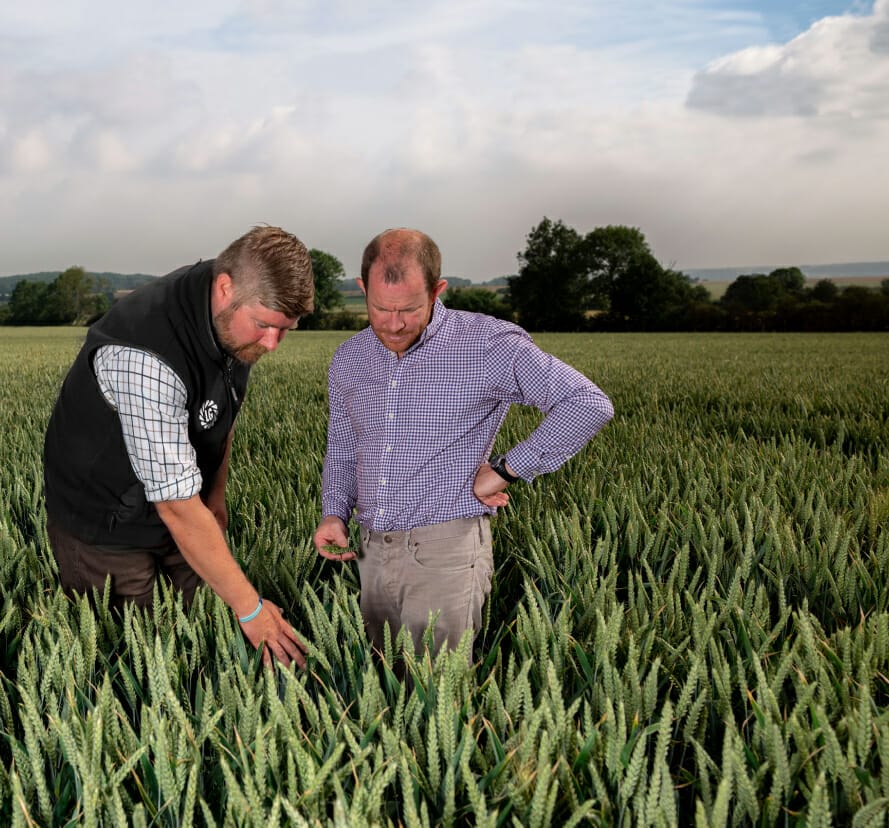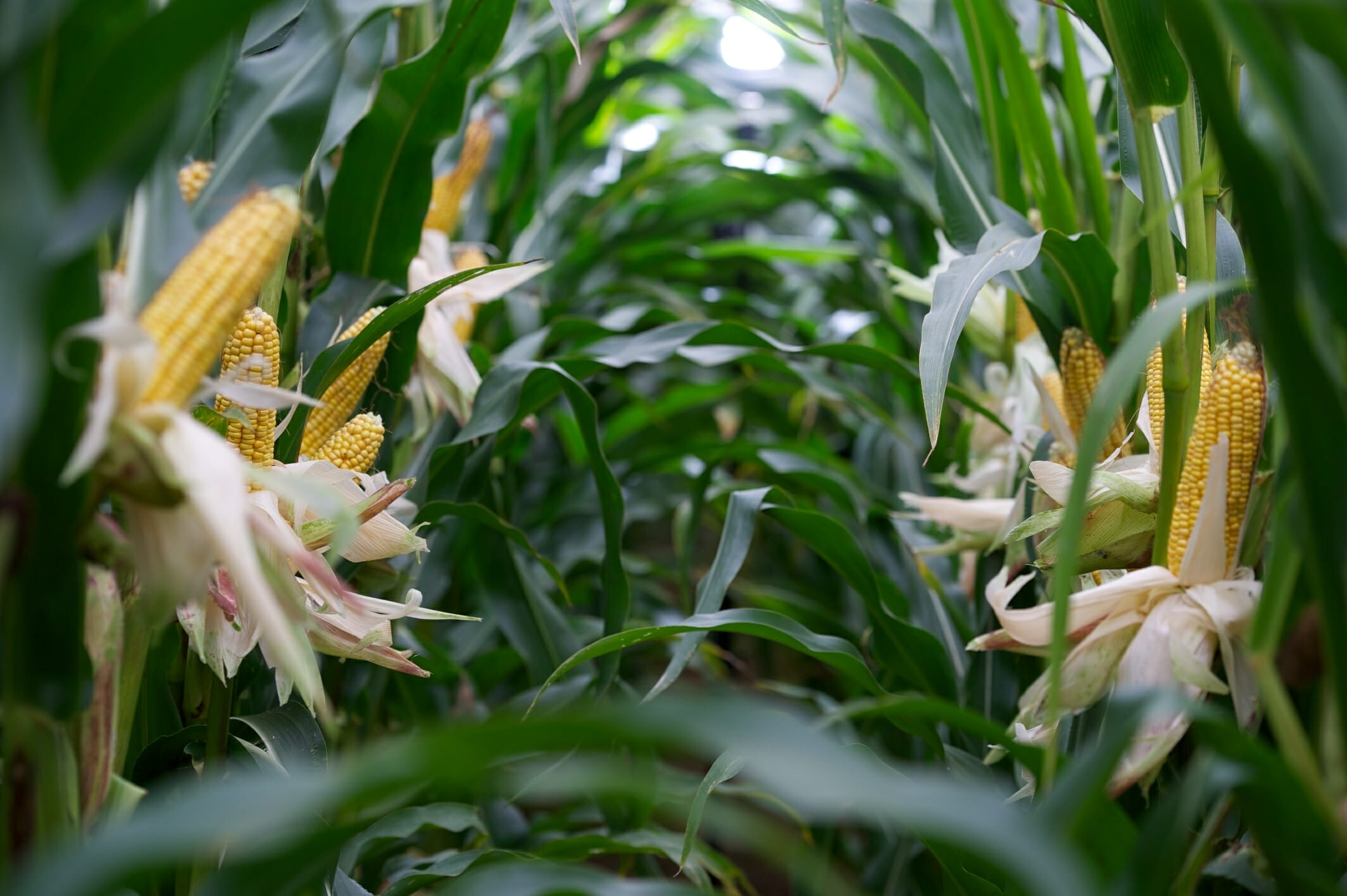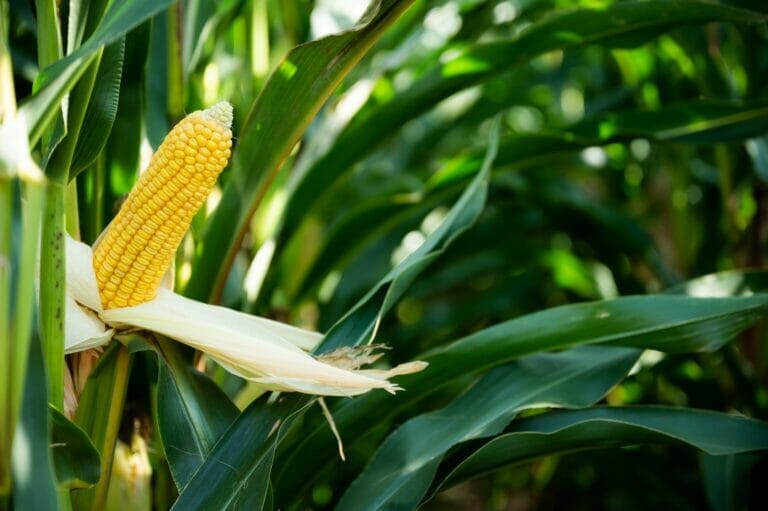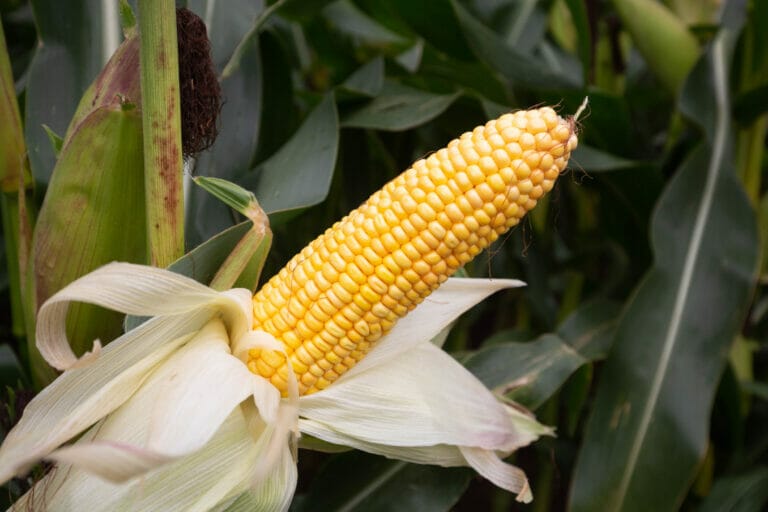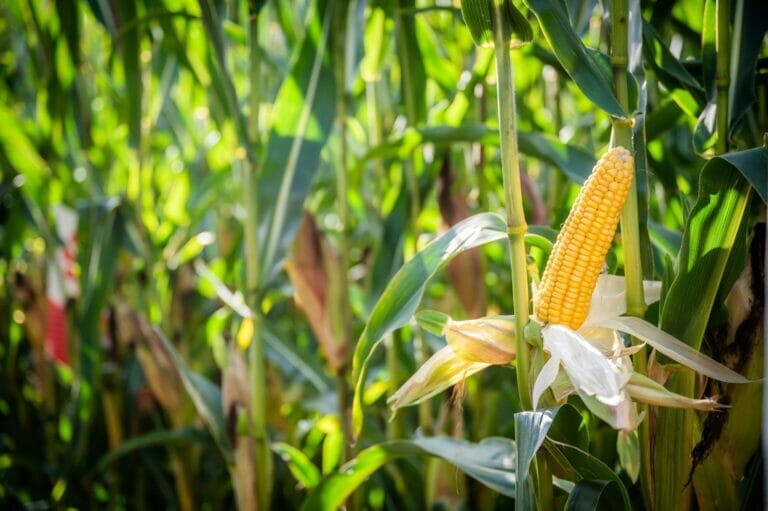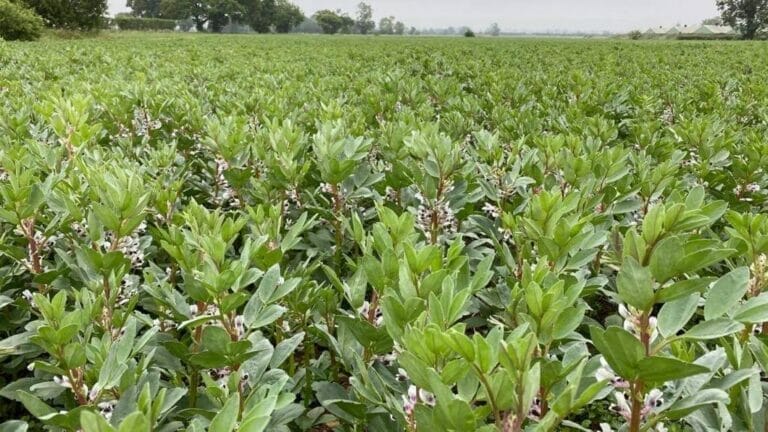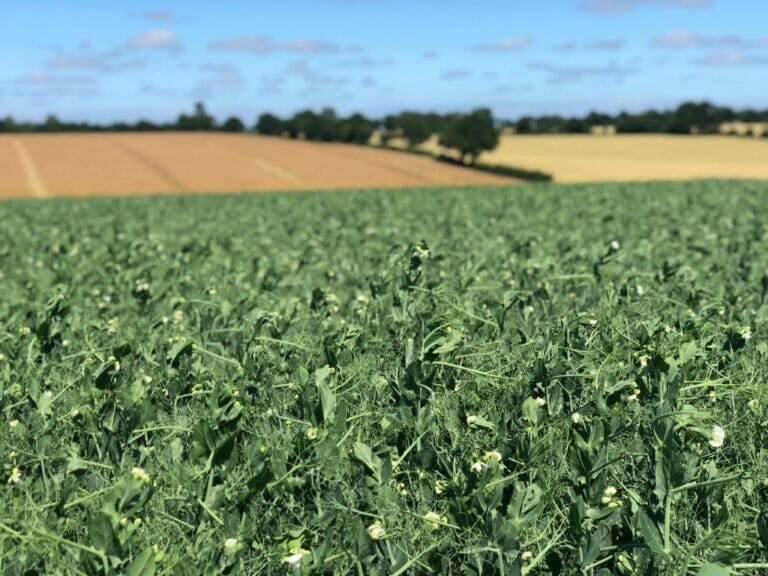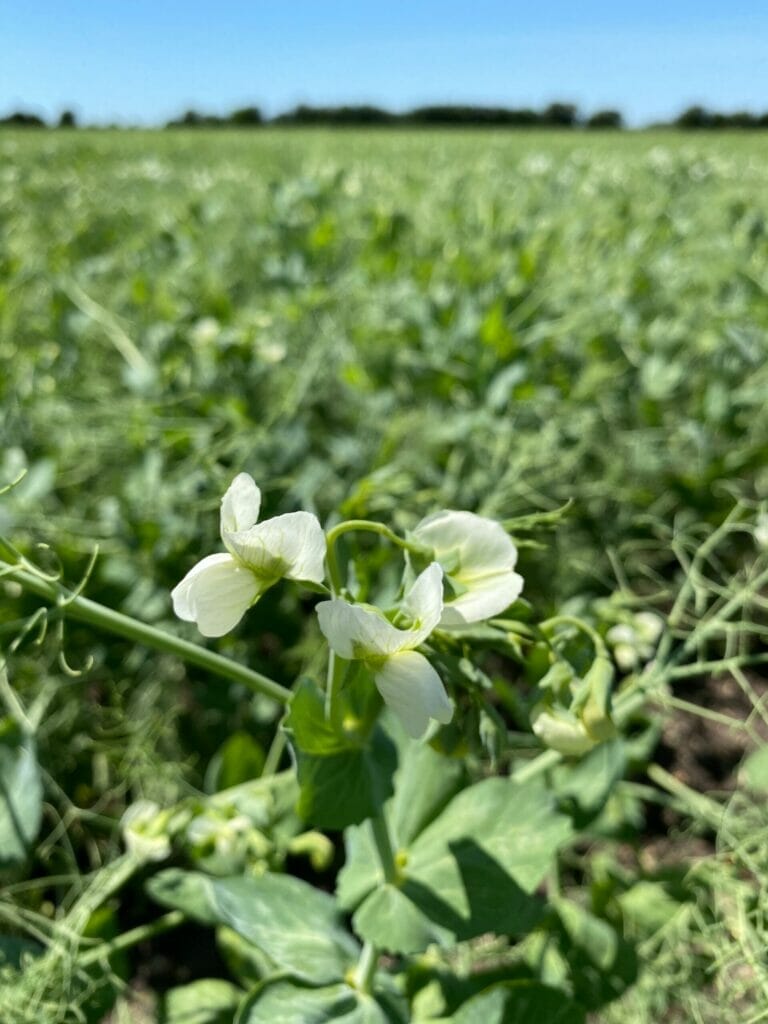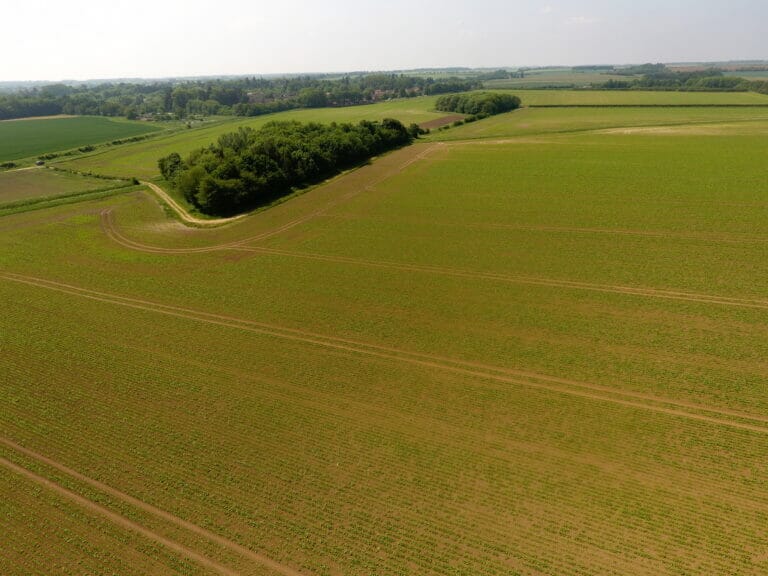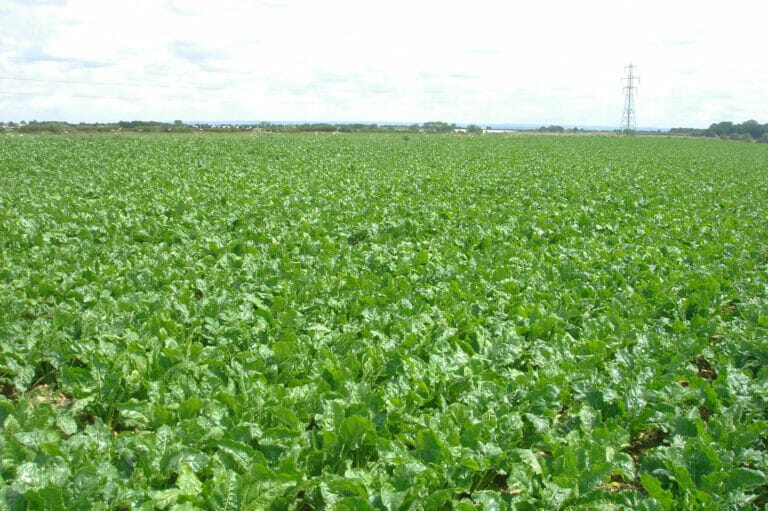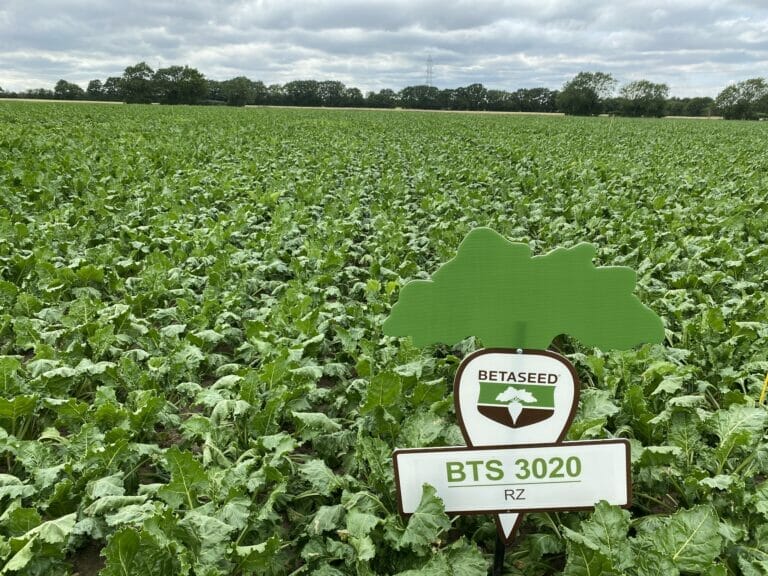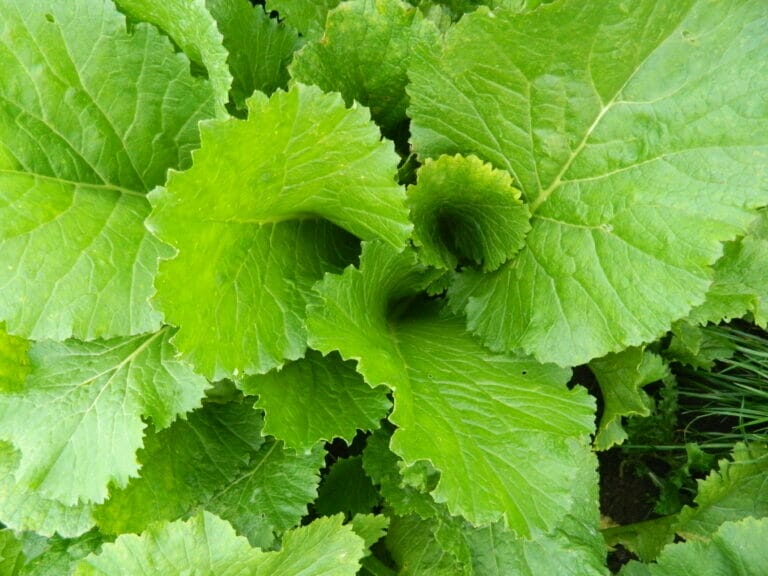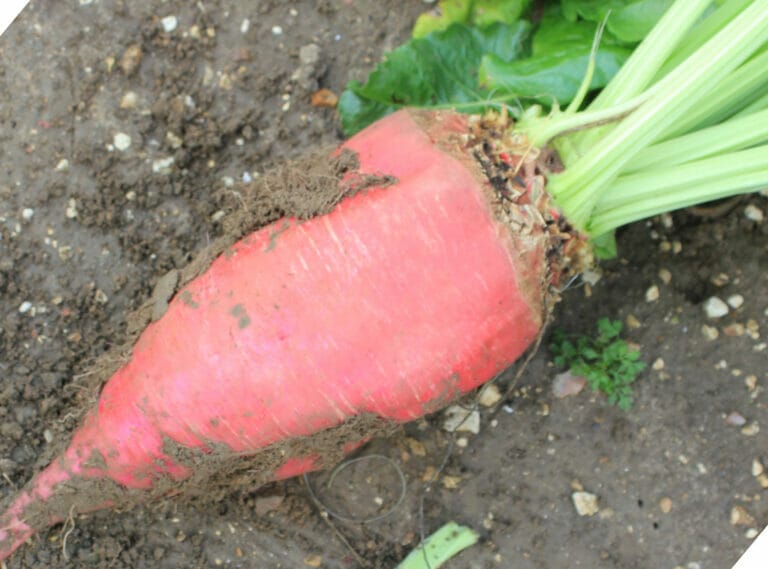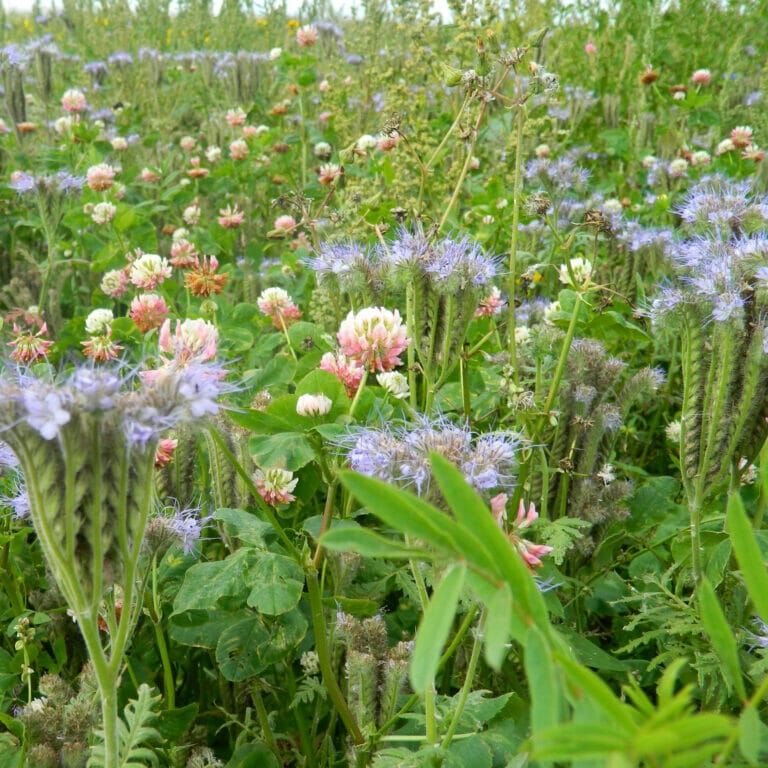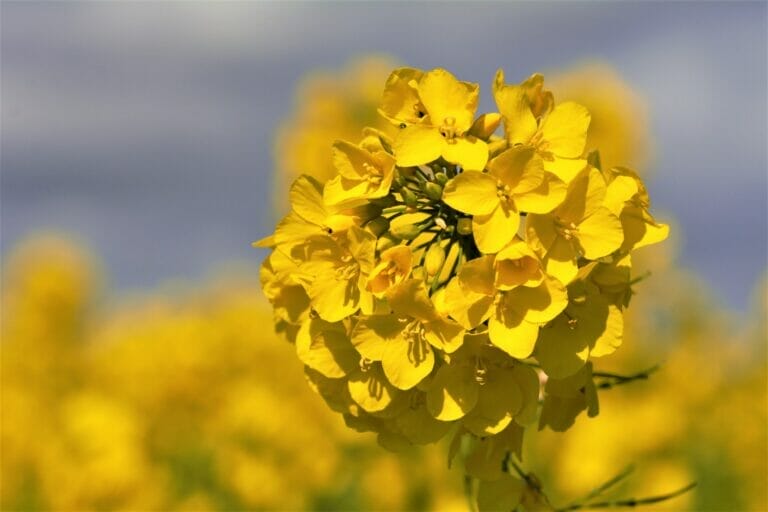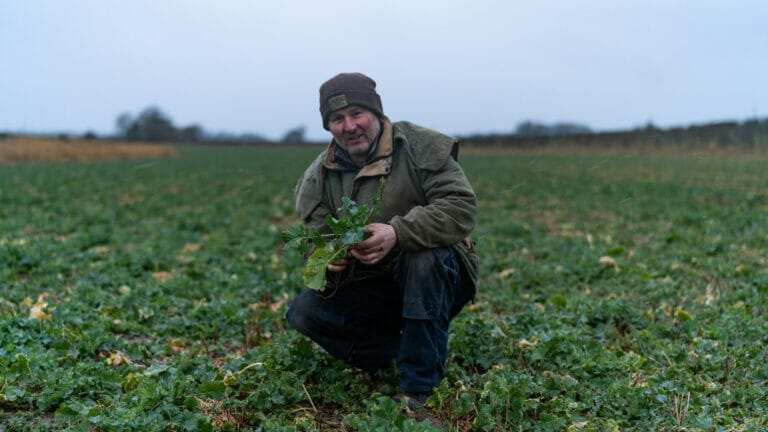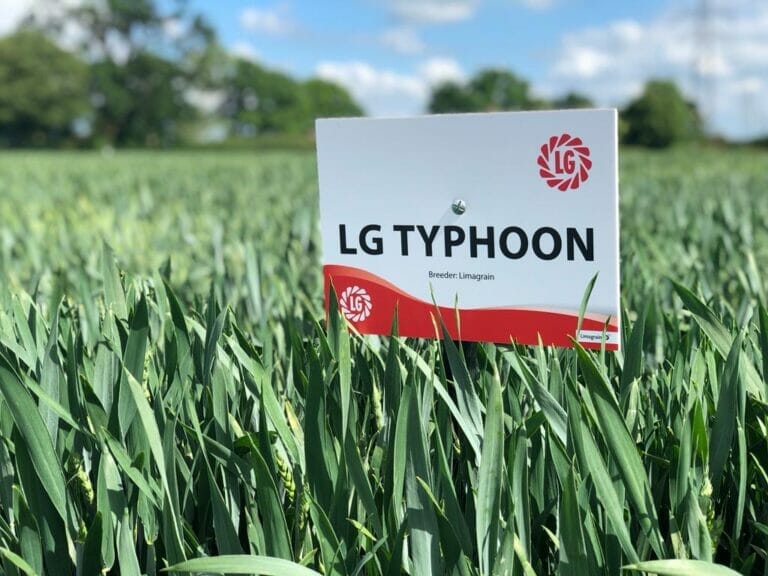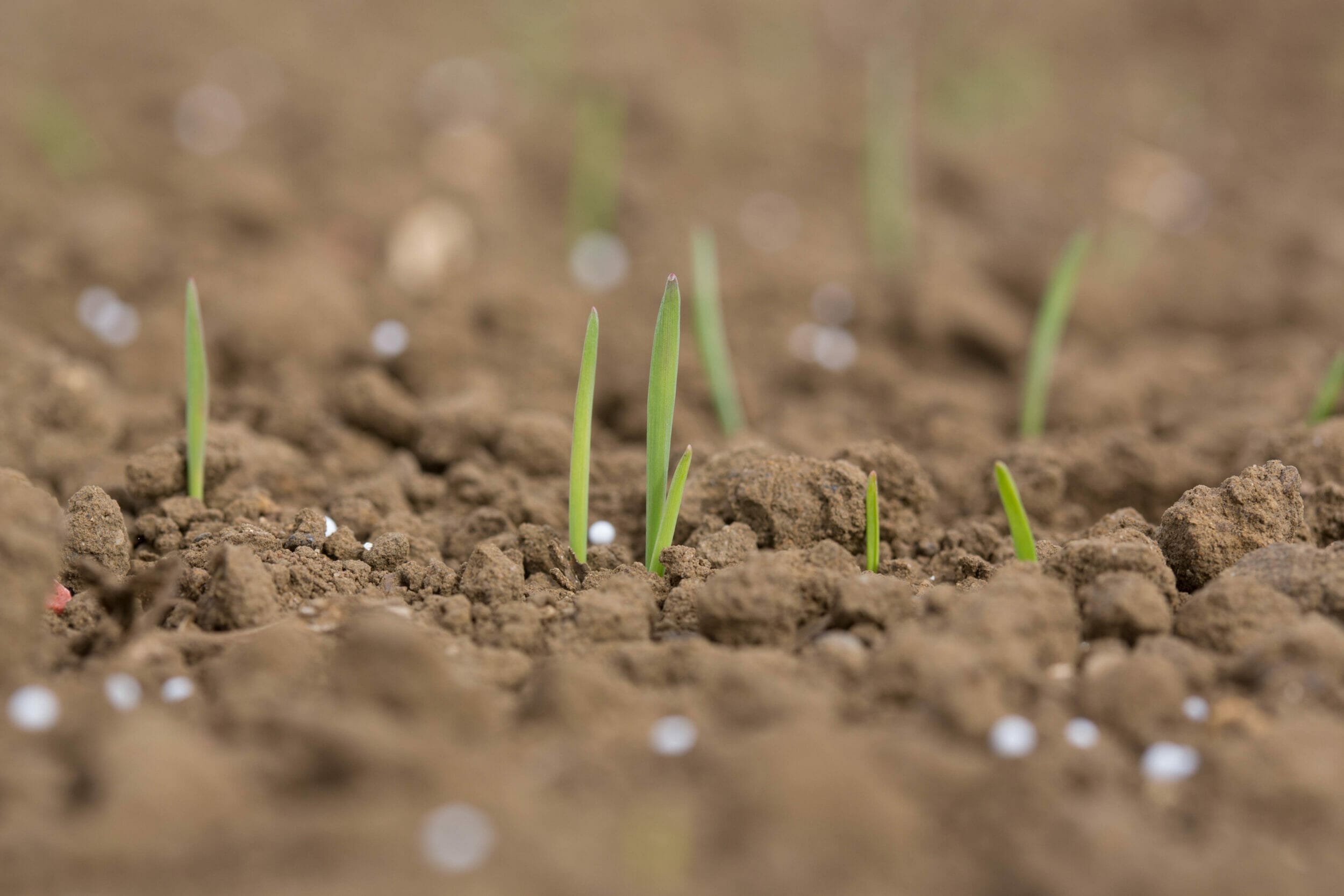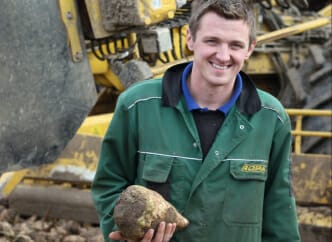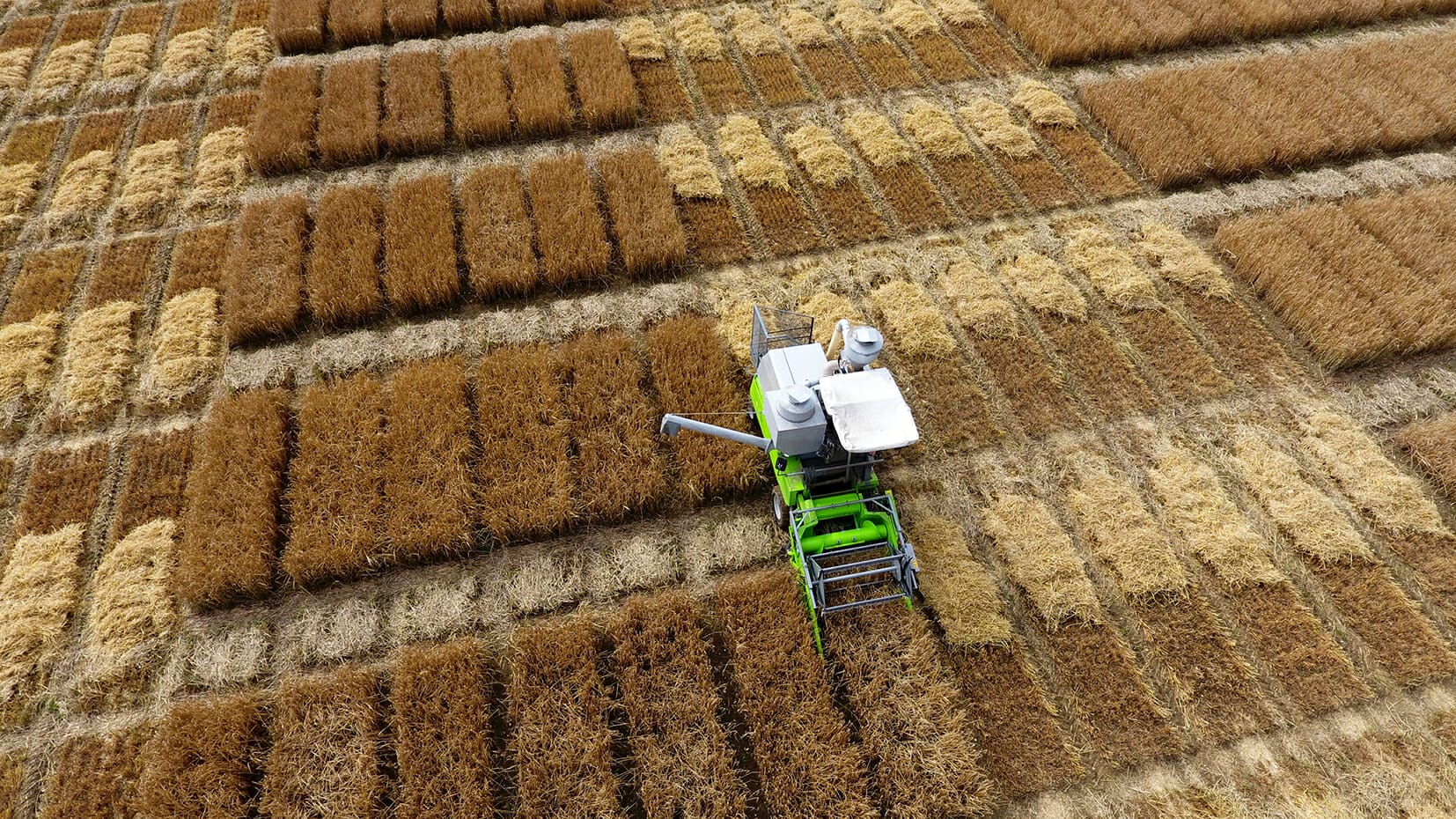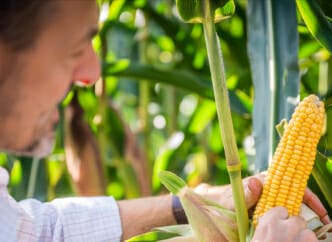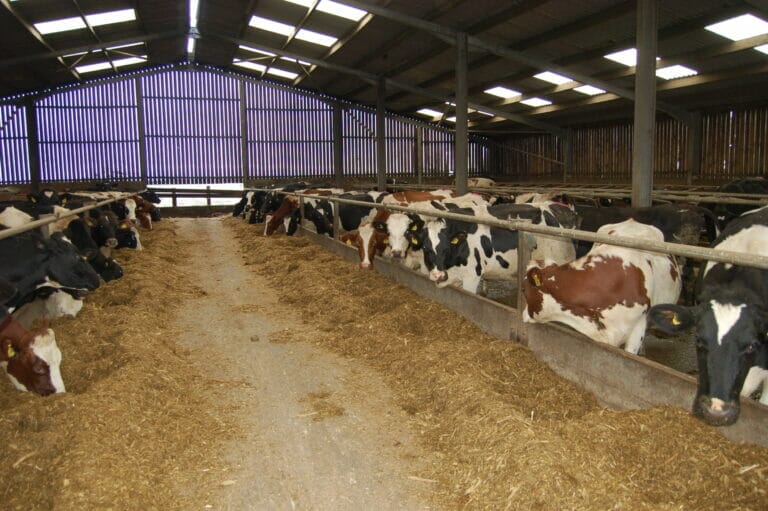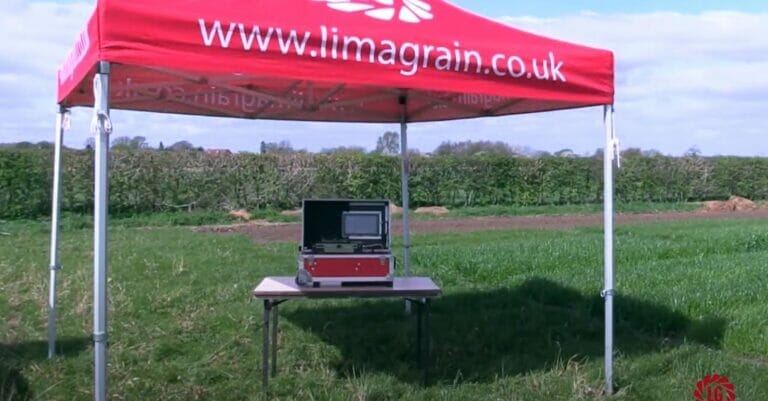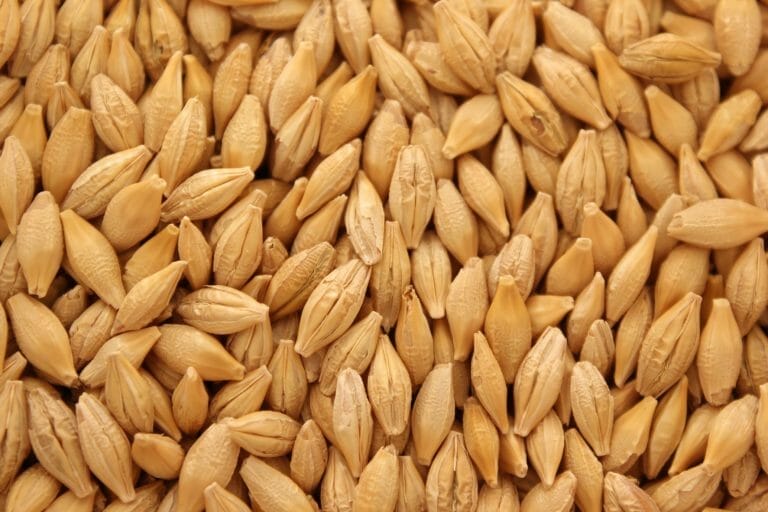Tony Bambridge of B&C Farming Ltd and Philip Gorringe a Herefordshire farmer who operates 370 hectares share their recent experiences on the farm.
Tony Bambridge, MD for contract farmers, B&C Farming Ltd, handles the day to day operations for the business, producers of high-quality seed potatoes, based in northeast Norfolk, near Aylsham.
“I left off my last contribution, hoping that the water storage reservoirs would be replenished over the winter; alas, aquifers are still very low, although recent rainfall has meant we have just started to pump again. But water levels remain perilously low and we will need to continue pumping for a while yet. For now, the Environment Agency is working with us and we are managing to continue to pump, but all of this is on a day-to-day basis – so we really are on a knife-edge. Our sugar beet yields were better than anticipated – although still on the low side at 65t/ha – back in August, we thought we would be looking at 40-45t/ha. Considering we break-even at 75t/ha – it’s been quite a knock to margins. The mild winter also brings the threat of aphids and an increased risk of Beet yellows virus, as we look to grow a crop without any neonicotinoid seed treatment this year. Recent BBRO trials have shown yield losses of up to 42% due to infection with BYV. It’s been bitterly disappointing that the UK has not managed to obtain a derogation, as 13 other countries have managed to – despite the UK being at high risk due to our maritime climate. We plan to drill early to avoid the aphids, but we are already seeing reports of aphid flights – so we may have to rethink this. It’s not all doom and gloom, however – the mild and dry winter provided us with a good start to fertiliser applications and early season fungicide sprays, and the spring barley has been drilled into excellent conditions. All we need now is 40 days of rain!”
Phillip Gorringe farms 370 hectares on a Duchy of Cornwall tenancy, he runs a herd of suckler cows and a racing kart business. His cropping is all grown for seed.
Spring-like conditions in late February continued the trend of a mild winter, and despite some more recent ‘normal’ wet and windy conditions, soils are still in great condition after the dry summer. Drilling some late winter wheat in January conditions was excellent, and there were hints of dust behind the drill – that really is a first! The conditions have really suited the forage rape; good seedbeds meant that most, if not all the seeds ‘took’, and the crop got up and away easily.  As a result, we have seen very little Cabbage Stem Flea Beetle (CSFB) damage – it could be third time lucky for us with this crop. We are generally pleased with how our crops are doing, although it’s about now that we wish we had grown more fodder turnip, as fodder crop prices go through the roof. Our local farmer group has been active, as we share thoughts and ideas on how we are going to continue without the use of Redigo Deter seed dressing, and face the loss of many of our commonly used triazole fungicides over the next few years, which will make disease control in grass particularly challenging. We are working with ADAS to look at possible options based on a scientific process. We hope that this will provide us with some good reasons behind alternatives – rather than just taking a scattergun approach, based on hearsay and whims. Another area we hope to gain a better understanding of is how to build yield in a grass crop – one of the challenges in growing grass is how to even out tillering, for easier management. One of the farmer group members is also looking at improving yield mapping of grass. Anything that will help us manage and grow grass as we do for cereals, is a step in the right direction.”
As a result, we have seen very little Cabbage Stem Flea Beetle (CSFB) damage – it could be third time lucky for us with this crop. We are generally pleased with how our crops are doing, although it’s about now that we wish we had grown more fodder turnip, as fodder crop prices go through the roof. Our local farmer group has been active, as we share thoughts and ideas on how we are going to continue without the use of Redigo Deter seed dressing, and face the loss of many of our commonly used triazole fungicides over the next few years, which will make disease control in grass particularly challenging. We are working with ADAS to look at possible options based on a scientific process. We hope that this will provide us with some good reasons behind alternatives – rather than just taking a scattergun approach, based on hearsay and whims. Another area we hope to gain a better understanding of is how to build yield in a grass crop – one of the challenges in growing grass is how to even out tillering, for easier management. One of the farmer group members is also looking at improving yield mapping of grass. Anything that will help us manage and grow grass as we do for cereals, is a step in the right direction.”

